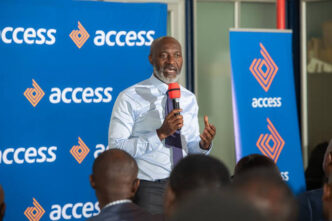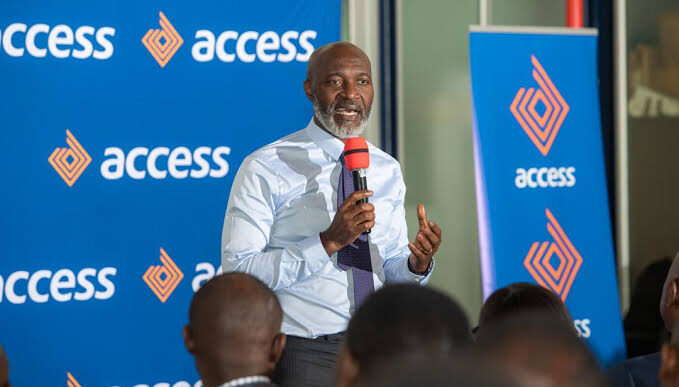The Nigeria Shippers Council (NSC) says the delay in implementing the international cargo tracking note (ICTN) costs $500 million annually.
Pius Akutah, the executive secretary of NSC, spoke on Monday at a hearing on the ICTN, a cargo tracking technology.
The hearing, organised by the house of representatives committee on shipping services, customs, ports and harbour, and maritime safety, education, and administration, is investigating the non-implementation of the contract.
In 2019, the NSC introduced a regulation that mandated the implementation of ICTN as a loading document for all shipments to Nigeria.
Advertisement
According to the regulation, every cargo that has been purchased from abroad and transported for commercial, business, in some cases, diplomatic and personal purposes requires a loading certificate, otherwise known as ICTN.
Akutah said Nigeria has lost about $2.5 billion over five years, approximately $500 million annually, due to the non-implementation of the contract.
“Nigeria has lost almost $2.5 billion within the last five years due to the lack of implementation. Because of some investigations led by the EFCC, five years have passed without progress,” he said.
Advertisement
“Implementation began for two years and then somehow stopped. We are losing that amount annually.”
In March 2023, the administration of former President Muhammadu Buhari engaged a consortium led by Antaser Nigeria Limited to implement a cargo tracking system for all imports and exports including crude oil exports.
NSC had signed the agreement with Antaser Limited and four other companies on a “No Cure, No Pay Basis” with a revenue-sharing ratio of 60:40, accruing to the federal government and the consortium, respectively.
The contract with Antaser Nigeria Limited aimed to correlate actual flow with declared quantities and address discrepancies by introducing electromagnetic flow metres with remote data acquisition.
Advertisement
However, in July 2024, the federal government awarded the contract to P-Lyne Energy Limited, with the expectation that the company will provide solution technology in the country’s oil and gas sector.
‘CONTRACT WAS WRONG’
Speaking at the hearing, Gboyega Oyetola, minister of marine and blue economy, said that although the federal executive council (FEC) in the administration of Buhari approved the contract, the process of the award was “wrong”.
Oyetola was represented by Babatunde Sule, director of maritime services.
Advertisement
According to the minister, the process that led to the approval of the contract by the previous administration was flawed.
“Last year, the FEC approved a contract. At the tail end of the last administration, the government approved five companies,” he said.
Advertisement
“I know there was a fake approval, regarding this contract. I’m also aware that it was given to five companies. I also learned that four of the companies signed an agreement, with the fifth not signing. I think that was what stalled this whole process. The process was wrong.”
On his part, Abdussamad Dasuki, chairman of the committee on shipping services, said the ICTN is far more than an administrative requirement but an essential tool initiated to drive transparency, security, and operational efficiency in the movement of cargo across borders.
Advertisement
“Our goal is to identify the root causes of these delays, address conflicted interests, improve revenue generation by plugging the loopholes that allow illicit cargo, such as arms and drugs, to slip through our ports, and ultimately unlock the potential of the ICTN to bring Nigeria’s maritime industry in line with global best practices,” he said.
Dasuki said the committee would hold further hearings with all relevant parties to clarify the main issues.
Advertisement
Add a comment










